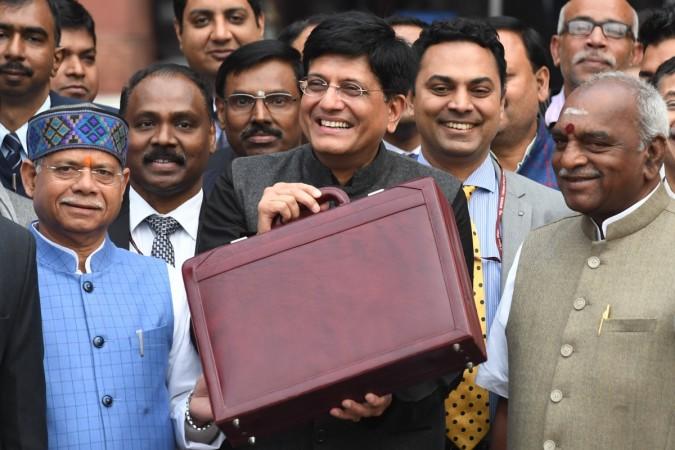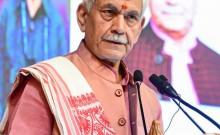Dangling the carrot in front of the 'common man' ahead of the crucial 2019 Lok Sabha elections, the Narendra Modi government has offered an income tax rebate for those earning less than Rs 5 lakh. While this is a historic move, it should be noted that the tax slabs remain the same and those earning more than Rs 5 lakh won't get this benefit. Every Union Budget has raised hopes of a sizeable reduction in tax burden. There's one popular question before each budget -- Will direct tax burden ease?
Here's a look at the history of direct taxation in India
Taxation in India, in various forms, can be traced thousands of years back in time
There are references to taxation in Manu Smriti
In Kautilya's Arthasastra, there are elaborate discussions on taxation.
Tax is seen as a burden the world over though it's crucial for nation building
Ironically, in modern India, direct tax began as some sort of a punishment
James Wilson introduced direct taxes
In 1860, Sir James Wilson introduced direct taxes to meet Government's losses due to the 1857 war of Independence.
He was the Finance Member of the India Council that advised the Viceroy of India
The first Income Tax Act was passed in 1918
This was replaced by another new act in 1922, and it remained in force until 1961
The Central Board of Direct Taxes (CBDT) was established in 1963
Taxing businesses was a major turning point.
World War II, which triggered a boom in businessmen's profits, gave the right backdrop to this
In 1947 the Excess Profits Tax and the Business Profit tax were introduced.
The Wealth-tax Act was introduced in 1957.
Voluntary Disclosure Scheme came into operation in 1965
Computerisation of the Income-tax Department started in 1981
PAN system
This led to the allotment of PAN under the old series.
Computerised systems for processing PAN introduced in 1983
The new PAN system introduced in 1994
Samman Scheme introduced to honour deserving taxpayers introduced in 1999
The Income Tax Department became the biggest revenue mobiliser for the Government in 2007-08









